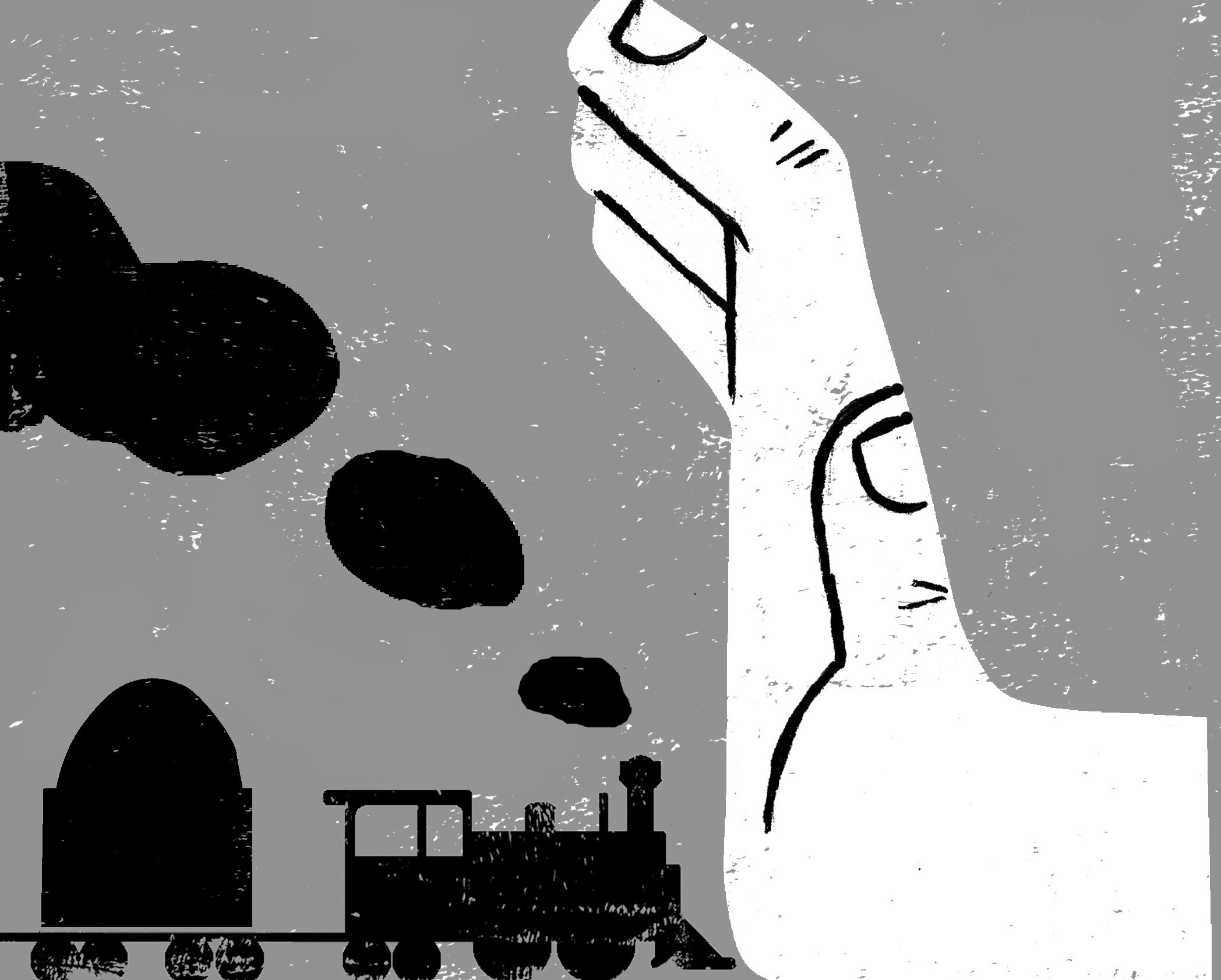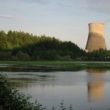I grew up as an oil geologist, worked in Mississippi and Alabama for several years, so it’s not with the sometimes-reflexive reaction of a typical treehugger that I report from Montana with the news that the future of the world may well depend upon obscure and little-known events that are taking place in wild windy country far from the rest of humankind’s notice. In a state with a population of roughly 1 million, the fate or future of 7 billion—and all who come afterward—rests.
The Rocky Mountain front—the major ecological foundation of the east side of Glacier National Park—is being ripped open as if with a hacksaw, in the pursuit of the Bakken Shale, which requires the fracking process to exhume it. Further, the winding one-lane road through that prairie is being widened into an industrial corridor—in plain sight of our most beautiful national park—to better service the open pit mining of the dirtiest oil on earth, the tar sands’ sludge deposits in Alberta. Canada hopes to ship this sludge-oil to Asia via the construction of the proposed Keystone XL pipeline, through the heart of middle America. According to NASA scientist James Hansen, whose science regarding global warming we should have listened to more closely, over 40 years ago, the development of the tar sands will carry us beyond the threshold where any other mitigation might be effective.
If you knew what was happening, if you saw that widening pit, and those seemingly innocuous slow-moving trains through Montana, and out of Montana, day after day and month after month and year after year, what would you do?
And in another corner of Montana, an equally insidious scam is going on, one which, if allowed to proceed, will also sink this beautiful world, or at least our own species’ place in it, along with that of so many other species.
In extreme southwestern Montana, the digging-up of millions of tons of sub-bituminous coal too dirty to burn in this country is occurring. The coal is being sold for pennies-on-the-dollar to China, in order to get that energy market hooked on the dirtiest fossil fuel imaginable—coal too sulfurous and toxic to burn in this country, though what a farce, to believe that the warming world and the rising waters or even the windborne ribbons of lead and mercury and arsenic will not drift back onto our shores via those west winds two weeks later, with all that energy and effort wasted getting that dirty coal to China in the first place; and what an act of greatest immorality, foisting it onto a nation whose citizens lack the means of democratic protest.
It’s an international scheme devised to get developing countries hooked on a cheap and toxic product through subsidies, to encourage infrastructure development—investment in a new generation of dirty coal burning plants throughout the developing world—before cutting off that cheap supply, in order to control the price. A rail line—the Tongue River Railroad, funded in part by Warren Buffett, is being proposed to ferry the coal in open boxcars miles long, from Otter Creek to older, existing rail lines. Cattle ranches that have been in families for generations will be taken by eminent domain (a few years ago, the Republican-led state legislature conveniently passed a bill allowing such takings to occur of they served commerce or energy, or both).
Otter Creek would not seem to be a dramatic beauty, compared to other Montana landscapes—quiet ranching families, a bucolic stream in an otherwise dry land, sandstone buttes, sage, wind, sky—and it’s hard to imagine that buried just beneath the surface are the old oxygen-starved marshes where everything rotted before being buried by the slow breath of time, the sulfurous rotting swamps that we now seek to crack back open and inhale as if plagued by the most ferocious of addictions.
Mr. Buffett’s coal train—countless chains of mile-long open-topped boxcars trundling steadfastly across the West and then the Pacific Northwest, to their ports in Washington, and thence to Asia, with the trains’ blackdust swirling through one community after another, boxcars clanking at all hours of the night at decibels beyond the limits of any ordinance, yet immune to such laws—will result in increased respiratory ailments and other illnesses, and guaranteeing the rising of sea levels to the point that we could see as many as a billion environmental refugees in our lifetime.
Montana is already shipping its dirty coal to Asia. Otter Creek’s additional billion-plus metric tons will simply seal the deal and our fates, forcing us into another century of a coal economy. If you knew what was happening, if you saw that widening pit, and those seemingly innocuous slow-moving trains through Montana, and out of Montana, day after day and month after month and year after year, what would you do?
If you could speak up and out against a slow-motion train wreck, you would, wouldn’t you?
A carbon tax that helps better approximate the true cost of fuel—not all energy is equal—would make sense in a so-called free market; but such legislation will likely be resisted by Republicans until the seawater is up around their, our, waists.
But first and foremost, Mr. Buffett could abandon his plan to sink the world, and let Otter Creek remain what it is, a remote windswept piece of the American West, not far at all from where another national folly took place, the Battle of the Little Bighorn. Having killed just about all the Indians we could, it seems we are now turning our appetite toward Chinamen.
Surely, armed with the facts from this distant, beautiful land, we will this time choose another course.
Rick Bass, the author of 30 books, lives in Montana’s Yaak Valley.




0 Comments